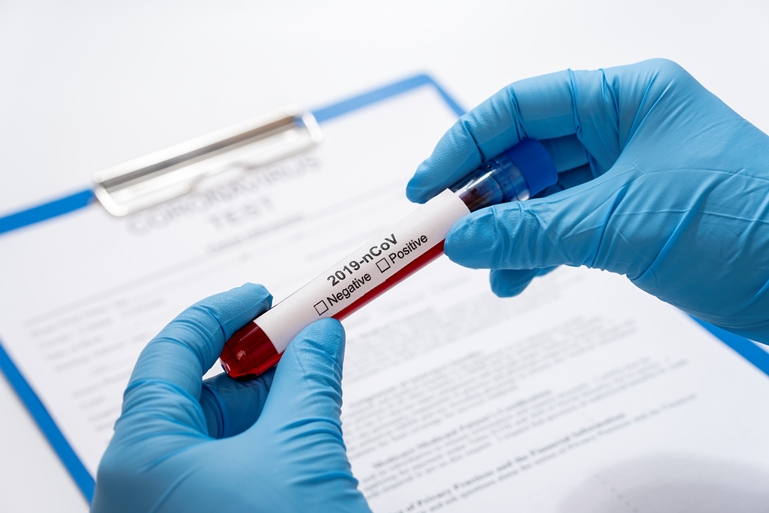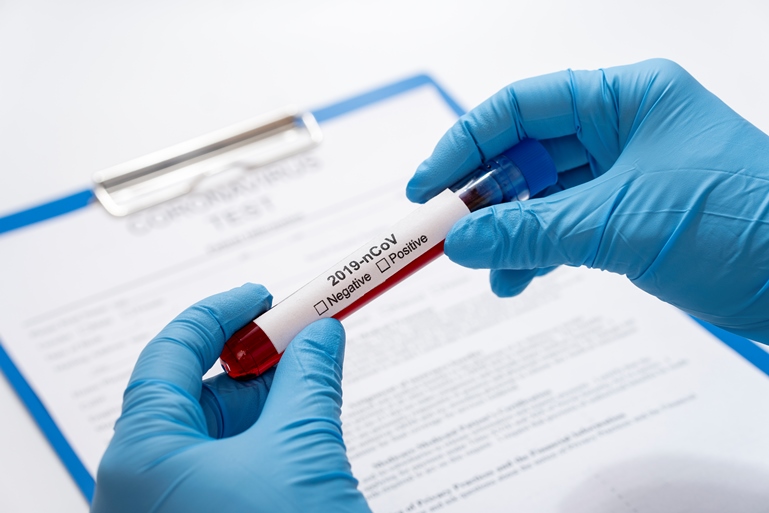
A strain of coronavirus called COVID-19 is currently dominating the news, as it continues to spread around the globe. It is a highly infectious virus which causes respiratory illness. The symptoms include coughing, fever, tiredness, and in severe cases, difficulty breathing.
One of the best ways to avoid COVID-19 is to practice social distancing. Social distancing, also called physical distancing, is a set of infection control actions which can stop or slow the spread of a contagious disease.
The concept of social distancing is very familiar to people who have undergone a stem cell transplant. When a patient has a stem cell transplant to treat a condition like leukaemia, they first receive chemotherapy and/or radiotherapy to kill their cancer. This is followed by the stem cell transfusion to rebuild their bone marrow and the body’s ability to generate health blood cells.
After their chemo and/or radiotherapy treatment, they have a very weak immune system and are extremely vulnerable to infection. They have to practice social distancing during this time. Even after they leave hospital, they may not have a strong immune system for a long time. Some patients will be immunocompromised for the rest of the lives if they were forced to have lymph nodes removed.
{{cta(‘924954d5-8fa6-4ba7-85fd-36b883ec14ac’)}}
In a recent interview with Survivornet, a stem cell transplant survivor named Nick Costas answered some questions about social distancing. Nick’s answers may give us some insight into how to avoid coronavirus and the special precautions transplant patients take. Here is a summary of that interview.
Q: How has the coronavirus outbreak impacted your daily life?
Nick: I have been taking precautions for weeks including social distancing, hand washing, wiping doorknobs and countertops. I wash sheets and towels often.
Q: Are you still visiting your oncologist’s office for appointments?
Nick: I do go to the lab for weekly visits, while they haven’t had COVID-19 yet, they will soon.
Q: Now that we’re all staying home, what’s changed for you?
Nick: I get more phone calls, as people are slowing down and have time to talk. On the negative side, I need to isolate from my children. It’s now too risky to have people coming and going.
Q: Did you take any special steps to prepare before the transplant?
Nick: You must make your home environment as clean as possible to avoid the risk of infection. I stocked up on cleaning products, hand sanitiser, liquid hand soap, and surgical gloves.
Q: How do you manage the feeling of social isolation? It’s something we’re all dealing with now.
Nick: I’ve gotten creative about finding isolated outdoor locations. I also have the support of friends who check in by phone and drop off groceries. You have to be smart to avoid the risk of a setback.
{{cta(‘d62560c2-336a-4f88-9683-44a37a5bd7fd’)}}


